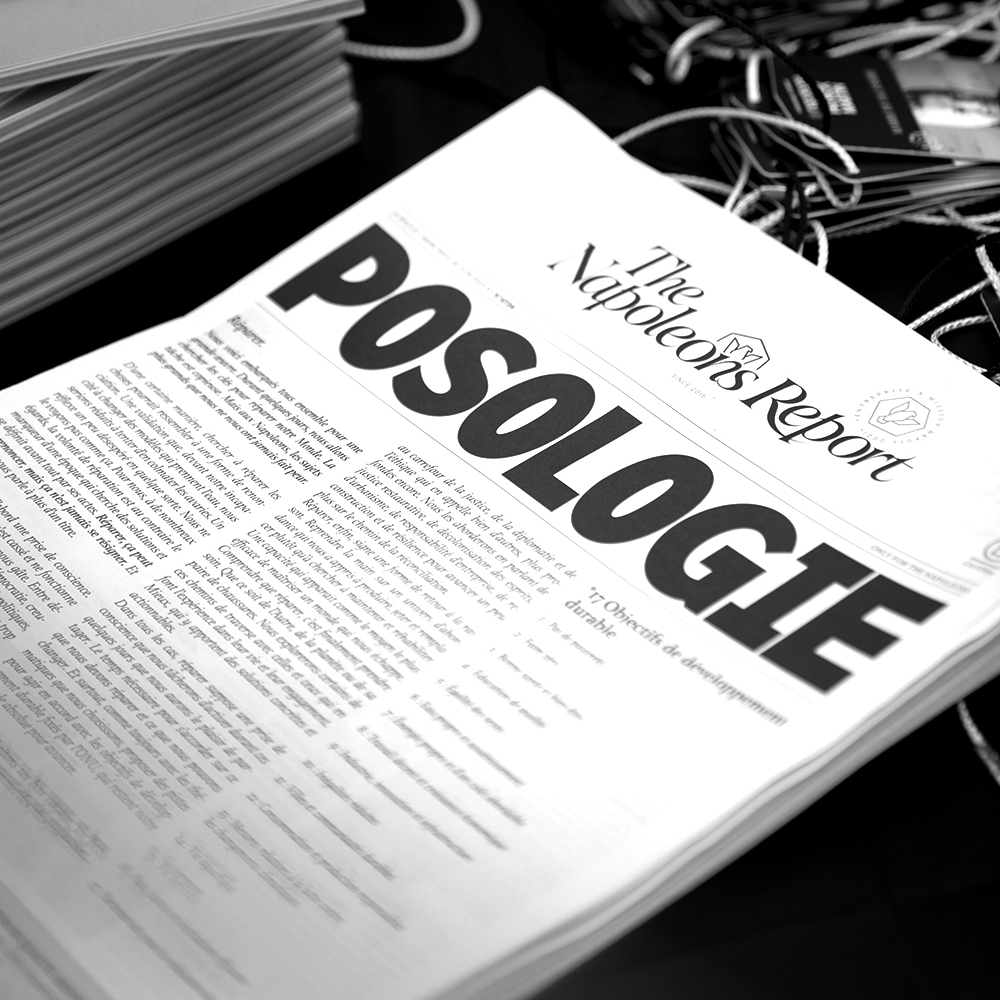Are we going to win?

France won their opening match of the Rugby World Cup against the always formidable All Blacks. A victory widely commented on in the international press, which now puts the French team in a strong position for the world title.
Whether you’re a player or a spectator, whether you’re competitive or not, we’re all driven by this irrepressible desire to win. Doctors will tell you that it’s a question of dopamine and the search for pleasure. Shrinks will say it’s linked to our survival instinct. Sociologists, to our gregarious behaviour. In all cases, it’s a question of instinct that goes far beyond the confines of the stadium. The fact is that, in sport as in life, competition produces more losers than winners. And while society values the winner, it also needs to know what to do with all those who were neither lucky nor talented enough to make the podium.
For them, there is still Pierre de Coubertin’s absolute mantra, set out to promote the values of Olympism: “the important thing is to take part”. We’ve been reminded of this ever since we were kids, every time we’ve had a spill. Pale consolation which, in this age of “winner takes all”, where even failure is positivised with a great deal of personal development, raises quite a few doubts. Taking part without winning? Can you really?
The problem is that behind the banquet of winners lies a great deal of humiliation and neglect. We might even wonder whether this obsession with ‘winning’ is not the very source of all our problems. “Altruism, concern for others, has broken down when we put it in situations where prosperity becomes the result of a race,” recalled the economist Daniel Cohen, who died this summer. Competition can be a powerful indicator of performance and an enhancer of determination. But it cannot be a driving force for society. Need we remind you that Homo sapiens is a species that has got by through collaboration and mutual aid. Not by force.
Winning is a permanent tension between instinct and social construction, emotion and reason. It’s the richness of this ambiguity that led us to choose this theme for our next summit in Paris. Perhaps we should go back to the origins of Coubertin’s maxim, borrowed from his homily at the Olympic mass for the first Games in London in 1908: “the most important thing is not to have won, but to have fought well”. So the important thing is not to win, but to fight relentlessly against all forms of adversity. A nuance that no longer pits the notions of competition and solidarity against each other.
In the meantime, we’re going to let our emotions run a little high during this World Cup by supporting our favourite teams. And if you want to take part, we’ll be in Paris from 11 January to 12 January.
Enjoy the match(es).

